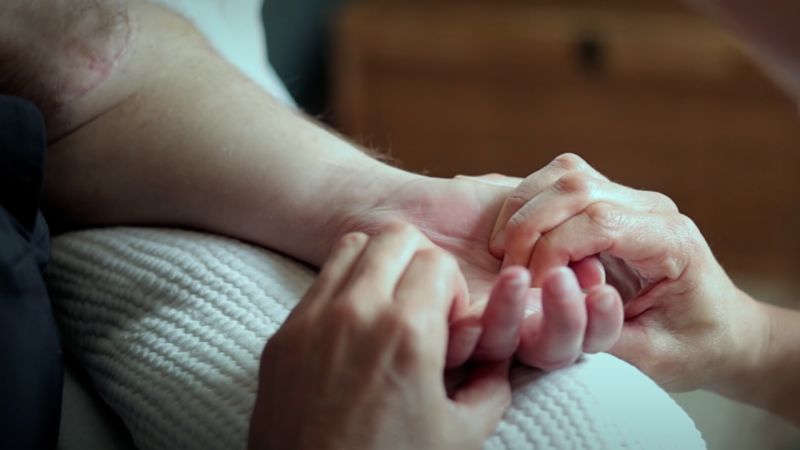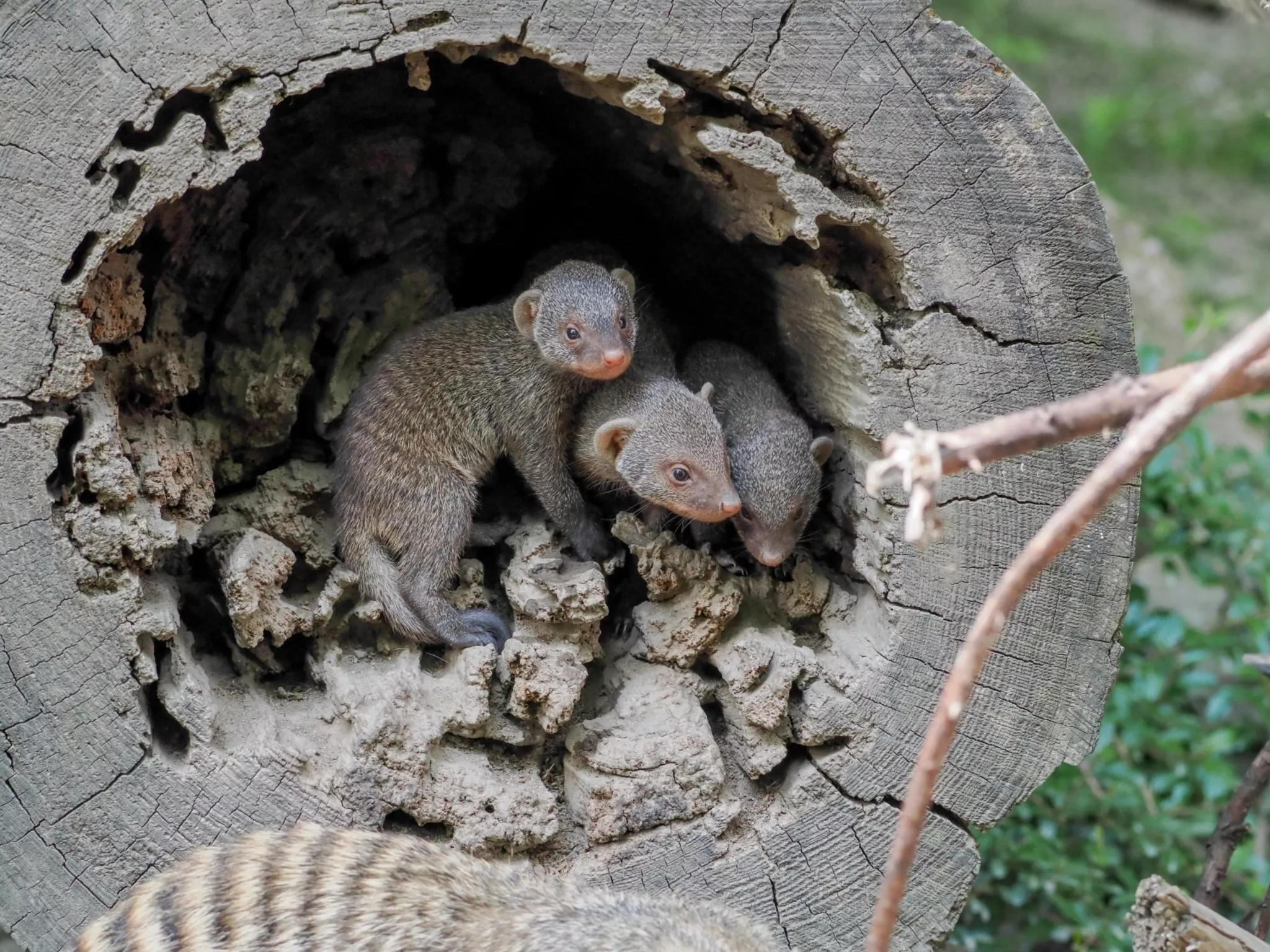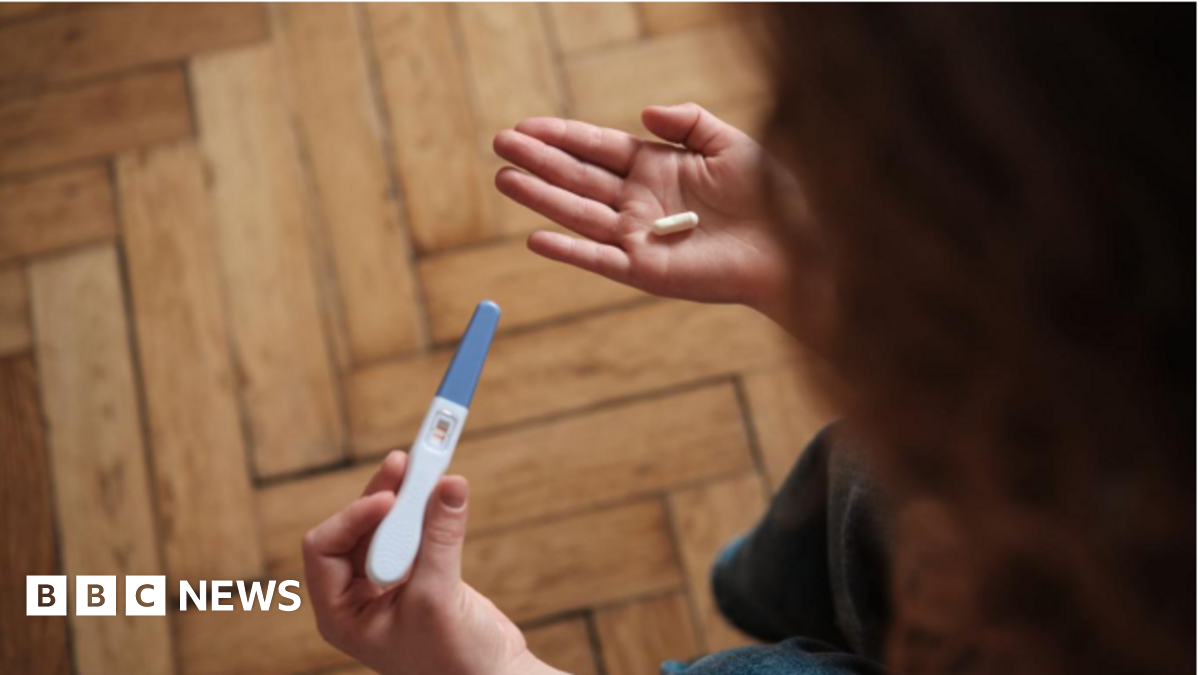The Science And Challenges Of Hand Transplantation

Welcome to your ultimate source for breaking news, trending updates, and in-depth stories from around the world. Whether it's politics, technology, entertainment, sports, or lifestyle, we bring you real-time updates that keep you informed and ahead of the curve.
Our team works tirelessly to ensure you never miss a moment. From the latest developments in global events to the most talked-about topics on social media, our news platform is designed to deliver accurate and timely information, all in one place.
Stay in the know and join thousands of readers who trust us for reliable, up-to-date content. Explore our expertly curated articles and dive deeper into the stories that matter to you. Visit Best Website now and be part of the conversation. Don't miss out on the headlines that shape our world!
Table of Contents
The Science and Challenges of Hand Transplantation: A Complex Journey to Restoration
Hand transplantation, once a fantastical concept, is now a reality offering hope to individuals who have lost their hands due to trauma, disease, or congenital conditions. However, this groundbreaking procedure is fraught with complex scientific hurdles and ethical considerations. This article delves into the science behind hand transplants, the significant challenges involved, and the future of this revolutionary field.
The Science Behind the Success:
Hand transplantation is a microsurgical marvel, requiring meticulous precision and a deep understanding of vascular, nerve, tendon, and bone reattachment. The procedure involves:
- Donor Selection: Finding a suitable donor is crucial. Extensive tissue matching is performed to minimize the risk of rejection. The donor's hand must be carefully assessed for size, suitability, and overall health.
- Surgical Procedure: The surgery itself is incredibly intricate and lengthy, often lasting over 12 hours. Microsurgeons painstakingly reconnect arteries, veins, nerves, tendons, and bones, ensuring blood flow and function are restored. This requires specialized equipment and highly skilled surgical teams.
- Immunosuppression: To prevent the body from rejecting the transplanted hand, recipients require lifelong immunosuppressant drugs. This dramatically increases their susceptibility to infections and other health complications. Finding the optimal balance between immunosuppression and preventing rejection is a constant challenge.
- Rehabilitation: Post-operative rehabilitation is extensive and demanding. It involves intensive physiotherapy, occupational therapy, and psychological support to regain hand function, dexterity, and sensory perception. This process can take months or even years.
Challenges and Complications:
Despite remarkable advancements, hand transplantation faces considerable challenges:
- Rejection: Organ rejection remains a significant threat, necessitating continuous monitoring and medication adjustments. Acute rejection episodes can lead to serious complications, including loss of the transplanted hand.
- Infection: Immunosuppressant drugs weaken the immune system, making recipients highly vulnerable to infections. Managing infections is a critical aspect of post-operative care.
- Chronic Pain: Nerve regeneration can be unpredictable, and many recipients experience chronic pain, phantom limb pain, or other sensory disturbances. Managing pain effectively is a significant challenge.
- Limited Donor Availability: The scarcity of suitable donors is a major constraint limiting the number of transplants performed annually. Increasing donor awareness and improving organ allocation strategies are crucial.
- Ethical Considerations: Ethical dilemmas surround donor selection, allocation, and the potential long-term effects of immunosuppression. These aspects need careful consideration and ongoing ethical review.
The Future of Hand Transplantation:
Research continues to improve outcomes and address the challenges associated with hand transplantation. Areas of active investigation include:
- Improved Immunosuppression: Developing more effective and less toxic immunosuppressant drugs is a priority to reduce the risk of rejection and infection.
- Tissue Engineering: Scientists are exploring the potential of tissue engineering to create functional hand replacements, reducing the dependence on donor hands. This could significantly expand access to this life-changing procedure.
- Advanced Rehabilitation Techniques: Innovative rehabilitation approaches are being developed to enhance functional recovery and improve quality of life for recipients.
Conclusion:
Hand transplantation represents a remarkable achievement in medical science, offering a pathway to improved quality of life for individuals with hand loss. However, the procedure is complex and demanding, requiring significant advancements in surgical techniques, immunosuppression strategies, and rehabilitation methods. The ongoing research and collaborative efforts of medical professionals are essential to overcome the remaining challenges and expand access to this transformative procedure. The future of hand transplantation holds immense potential for improving lives and restoring hope. For more information on organ donation, consider visiting [link to a reputable organ donation website].

Thank you for visiting our website, your trusted source for the latest updates and in-depth coverage on The Science And Challenges Of Hand Transplantation. We're committed to keeping you informed with timely and accurate information to meet your curiosity and needs.
If you have any questions, suggestions, or feedback, we'd love to hear from you. Your insights are valuable to us and help us improve to serve you better. Feel free to reach out through our contact page.
Don't forget to bookmark our website and check back regularly for the latest headlines and trending topics. See you next time, and thank you for being part of our growing community!
Featured Posts
-
 Sixth Day Of Israel Iran Conflict Trumps Potential Us Response And Current Situation
Jun 19, 2025
Sixth Day Of Israel Iran Conflict Trumps Potential Us Response And Current Situation
Jun 19, 2025 -
 2025 Gold Cup Matchday 5 Post Match Analysis And Discussion
Jun 19, 2025
2025 Gold Cup Matchday 5 Post Match Analysis And Discussion
Jun 19, 2025 -
 Top News Salzburg Was Sie Heute Wissen Muessen 17 Juni
Jun 19, 2025
Top News Salzburg Was Sie Heute Wissen Muessen 17 Juni
Jun 19, 2025 -
 Severe Weather Causes Widespread Power Outages Thousands Impacted
Jun 19, 2025
Severe Weather Causes Widespread Power Outages Thousands Impacted
Jun 19, 2025 -
 Mtvs The Challenge Season 41 A Wwe Nxt Star Enters The Competition
Jun 19, 2025
Mtvs The Challenge Season 41 A Wwe Nxt Star Enters The Competition
Jun 19, 2025
Latest Posts
-
 Former Nxt Superstar Set For The Challenge Season 41
Jun 19, 2025
Former Nxt Superstar Set For The Challenge Season 41
Jun 19, 2025 -
 Survivor Season 41 Cast Theme And Premiere Date Revealed
Jun 19, 2025
Survivor Season 41 Cast Theme And Premiere Date Revealed
Jun 19, 2025 -
 Mps Approve Abortion Decriminalization In England And Wales
Jun 19, 2025
Mps Approve Abortion Decriminalization In England And Wales
Jun 19, 2025 -
 Top Themen Salzburg Aktuelles Fuer Den 18 Juni 2025
Jun 19, 2025
Top Themen Salzburg Aktuelles Fuer Den 18 Juni 2025
Jun 19, 2025 -
 Wnba Betting Mercury Vs Sun Odds Predictions And Best Prop Bets
Jun 19, 2025
Wnba Betting Mercury Vs Sun Odds Predictions And Best Prop Bets
Jun 19, 2025
